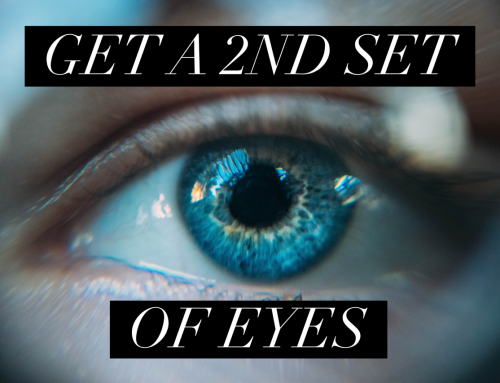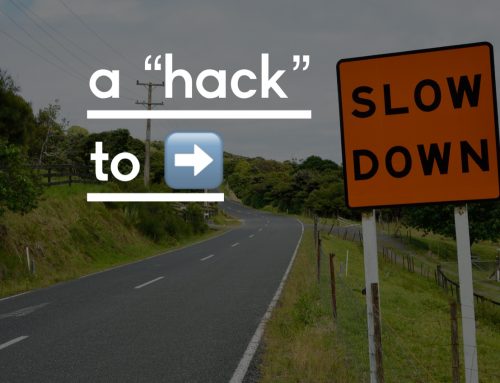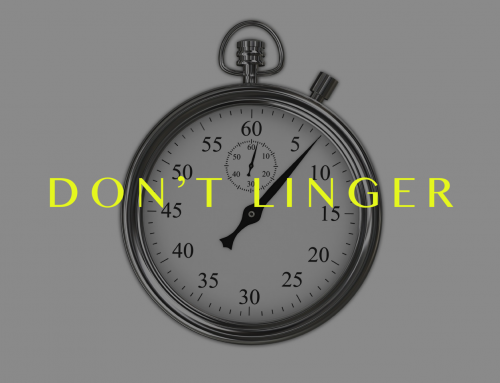Give Your Audience More Credit

Have you ever been asked, “Tell me about your company?” and you feel like your answer is going on forever? It’s a simple question, and you certainly know the answer, but you just can’t seem to deliver it succinctly. And it’s not just that question; perhaps you have a tendency to give really long answers to numerous questions.
Whether this happens to you at a networking event, on a panel, or during a television interview, it can certainly be frustrating and inhibit your ability to be a dynamic communicator. When you talk about your business or your brand in any of those forums your goal is to have concise talking points, that intrigue the person asking the question and inspire them to ask follow-ups. When this happens, you have the makings of an organic conversation, which is what you ultimately want.
So, how do you keep from rambling? First, give your audience credit. A lot of people over-explain their answers because they feel like their audience doesn’t get the explanation. In most cases, the audience DOES in fact understand you and your explanation is probably better than you think it is. Unless you’re talking about something super complicated (like a surgical procedure or emerging technology) you’re audience is probably smart enough to piece the details together.
Second, understand that your initial answer doesn’t have to all-encompassing. Simply put, you don’t need to give every detail in one talking point. Say enough to pique your audience’s (or your interviewer’s) curiosity and from there, settle into a back and forth dialogue. When this happens, you’ll have multiple opportunities to tell different parts of your story.
If you do feel yourself over-explaining, it’s not the end of the world. Relax, you go this! As you’re talking, figure out a natural end to the point you’re making (typically at the end of an upcoming sentence), and once you reach that end, take a breath and pause. Pausing can be your best friend because it will typically give the person you’re speaking with an opportunity to ask you another question, so you can move on to another talking point.
Finally, a great way to avoid this situation is through preparation. If you’re about to be interviewed on TV, a podcast, a panel, or even for a job, write down the answers to potential questions you’ll get. Then, practice saying them to a colleague to get their feedback. They’ll let you know if you’re talking too much. From there, you can take another important step and record yourself. Turn on your phone’s camera, videotape yourself answering the questions, and watch your performance. Writing you’re your answers, rehearsing them, and getting real-time feedback will make a huge difference in your performance!
If you’d like to learn more about dynamic communication and interviewing, just reach out to me here.
Have a great day!
Dave




